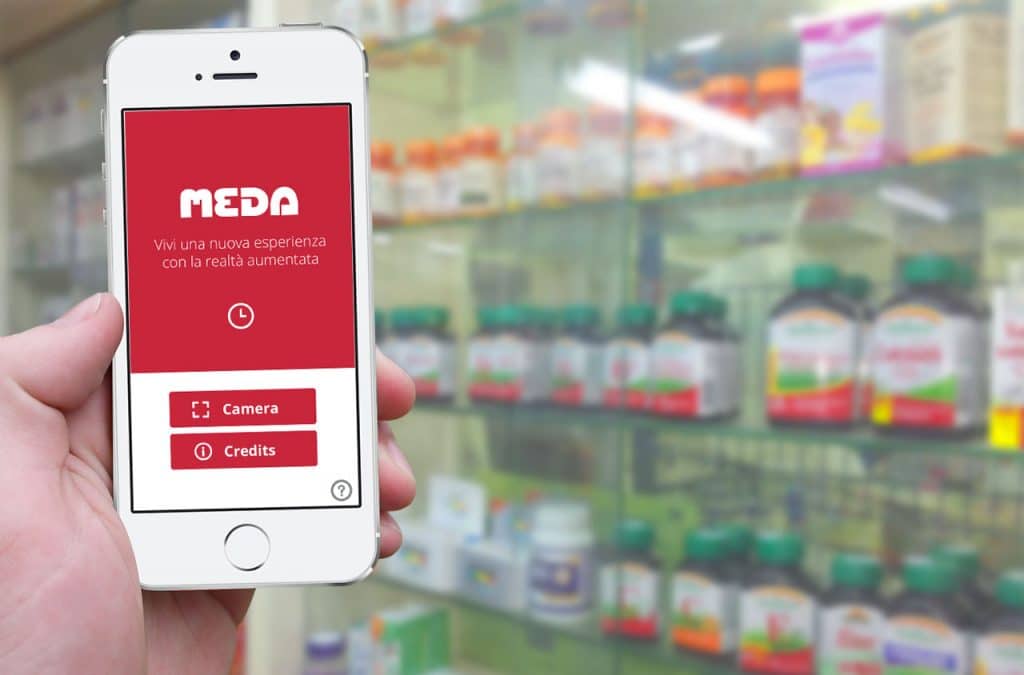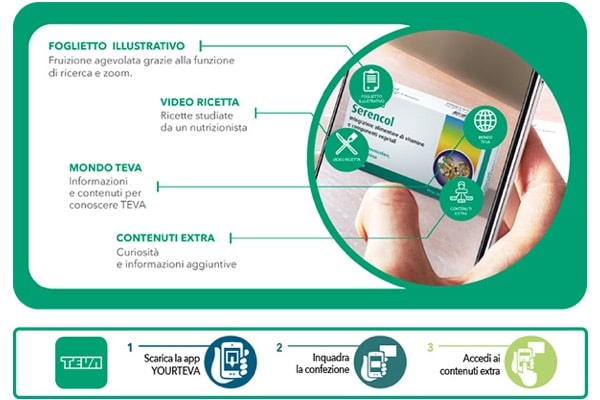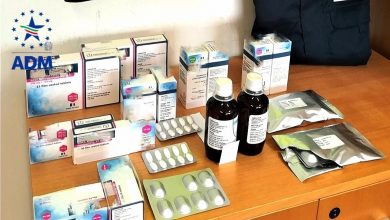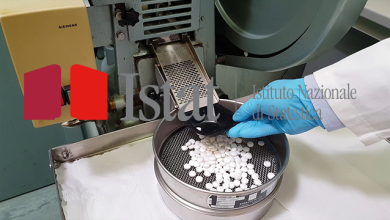
When people think of augmented reality (AR) in marketing, most think of the work that has been done by major consumer product companies. For example, L'Oréal's Trenius Genius app allows women to see their makeup being applied in real time using facial recognition and special lighting technology. Another example is Timberland's AR window shopping experience which allows passersby to visualize themselves in different clothing without entering the store or trying on a single piece of clothing.
While these examples provide value and are popular with buyers, the greatest opportunity to impact people's lives is through engagement in the pharmaceutical and healthcare industries. According to a relationship Of  West, the 91% of people with chronic illnesses need help managing these illnesses and doctor's appointments. With advances in augmented reality and low-cost computing, healthcare professionals (HCPs) and pharmaceutical companies can leverage interactive marketing methods to virtually reach the patient in their time of need with prevention and treatment information. Here are three ways AR marketing will improve the patient experience
West, the 91% of people with chronic illnesses need help managing these illnesses and doctor's appointments. With advances in augmented reality and low-cost computing, healthcare professionals (HCPs) and pharmaceutical companies can leverage interactive marketing methods to virtually reach the patient in their time of need with prevention and treatment information. Here are three ways AR marketing will improve the patient experience
Dynamic interactive learning
Patients often fail to grasp the complex concepts of their conditions in a 2D learning format. Printed materials and even videos can lack the engaging engagement necessary for a patient to truly understand the depth of their illnesses and how best to treat them. By immersing the patient in AR content – like looking at a skin condition overlaid on the real arm through a pair of smart glasses – knowledge becomes ingrained because the patient is engaged in the learning. In addition to learning about the condition, the patient can practice treatment options with augmented reality. For example, the patient may go through applying a coated topical ointment on the arm in real time. This reduces treatment errors and improves patient confidence.
Prosthetics and virtual implant experiences
It can be nerve-wracking for a patient to deal with a major catastrophe such as the loss of a limb. In these times, empathy and guidance are vital to a patient's mental and physical well-being. An example of empathizing with patients and immersing them in the experience is to allow them to use RIA to overlay prosthetics and other medical implants (facial or otherwise) to understand the impact and outcome of such a life changing event. This provides comfort by giving the patient a sense of control and a choice about outcome in an otherwise uncontrollable situation.
Product display and advertising
 Patients can be confused when trying to figure out and select the correct over-the-counter drug in a supermarket or pharmacy. Without knowing dietary restrictions, drug interaction information, and side effects at a glance, they can make incorrect selections, leading to further medical problems. Soon, consumers will be able to interact with products in the store simply by looking at them through smart glasses or their phone. By providing consumers with an immersive experience, pharmaceutical companies are able to make their brands stand out and build stronger connections and loyalty in the future.
Patients can be confused when trying to figure out and select the correct over-the-counter drug in a supermarket or pharmacy. Without knowing dietary restrictions, drug interaction information, and side effects at a glance, they can make incorrect selections, leading to further medical problems. Soon, consumers will be able to interact with products in the store simply by looking at them through smart glasses or their phone. By providing consumers with an immersive experience, pharmaceutical companies are able to make their brands stand out and build stronger connections and loyalty in the future.
In summary, the need for more engaging and self-sustaining engagement is the priority for patients and healthcare professionals. Rising healthcare and pharmaceutical costs and the rise of chronic diseases create an opportunity for a new model to emerge. As marketers, we have a unique opportunity to leverage AR in our marketing and content strategies to drive deeper patient engagement by showcasing empathy, driving brand awareness, and improving lives. With the improvement of smart glasses and immersive AR applications, the market is ready to evolve into this new mode of healthcare.
Joe Surprenant Global Sales Leader at Vuzix Corporation
Related news: Pharma 4.0, halfway through
Note: automatic translation





